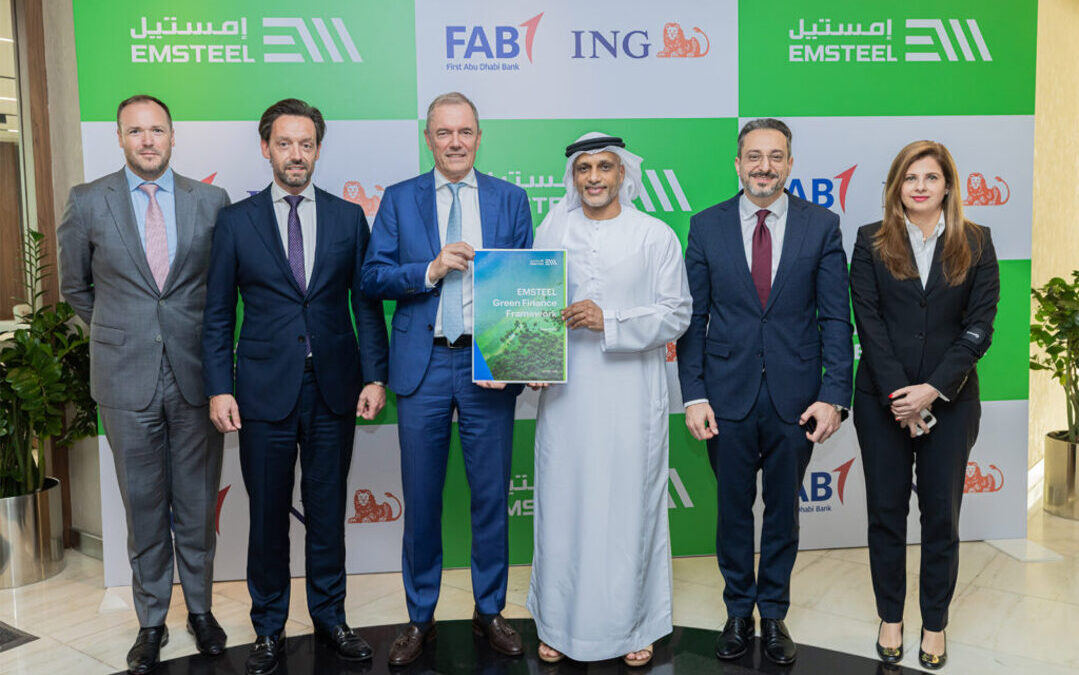EMSTEEL Unveils Green Finance Framework to Drive Low-Carbon Growth
EMSTEEL launches Green Finance Framework to fund low-carbon projects and support its 2030 decarbonization targets.
Abu Dhabi-based EMSTEEL, one of the largest publicly traded steel and building materials manufacturers, launched its inaugural Green Finance Framework on Thursday.
According to a press note, the framework aims to accelerate the group’s transition toward a low-carbon economy and align its funding strategy with long-term sustainability goals.
The new framework enables the manufacturer and its subsidiaries to issue a broad range of green financial instruments, including bonds, loans, commercial papers and medium-term notes, across multiple currencies.
Funds will be used exclusively for eligible green projects, including low-carbon steel and cement production, solar photovoltaic installations, energy efficiency initiatives, and decarbonization technologies.
“Our Green Finance Framework is more than a financial tool – it is a strategic lever to accelerate our transition towards a low-carbon future,” said Saeed Ghumran Al Remeithi, Group CEO of EMSTEEL. “It reflects our commitment to aligning fundraising with international green finance standards and supporting environmentally responsible projects.”
Framework Wins Strong ESG Endorsements
The framework was developed in accordance with globally recognized green finance principles and has received a Second-Party Opinion from Moody’s Ratings.
Moody’s Ratings awarded it a Sustainability Quality Score of SQS2, which is very good, underscoring the credibility of EMSTEEL’s sustainability efforts.
Mark Tonkens, Group CFO, said the move reinforced EMSTEEL’s role as a regional leader in sustainable finance. “Aligning our financial strategy with global green standards allows us to fund high-impact projects and contribute meaningfully to the region’s low-carbon transition,” he said.
ING acted as Lead Sustainability Structuring Bank, while First Abu Dhabi Bank served as Sustainability Structuring Bank, highlighting robust regional and international collaboration.
The Green Finance Framework is part of EMSTEEL’s broader ESG agenda, which includes targets to cut greenhouse gas emissions by 40 percent in steel production and 30 percent in cement production by 2030.
Also Read:
UAE’s ESG Sukuk Soars 43% in Q3, Fueling Middle East Green Finance Boom
Nirmal Menon
Related posts
Subscribe
Error: Contact form not found.


